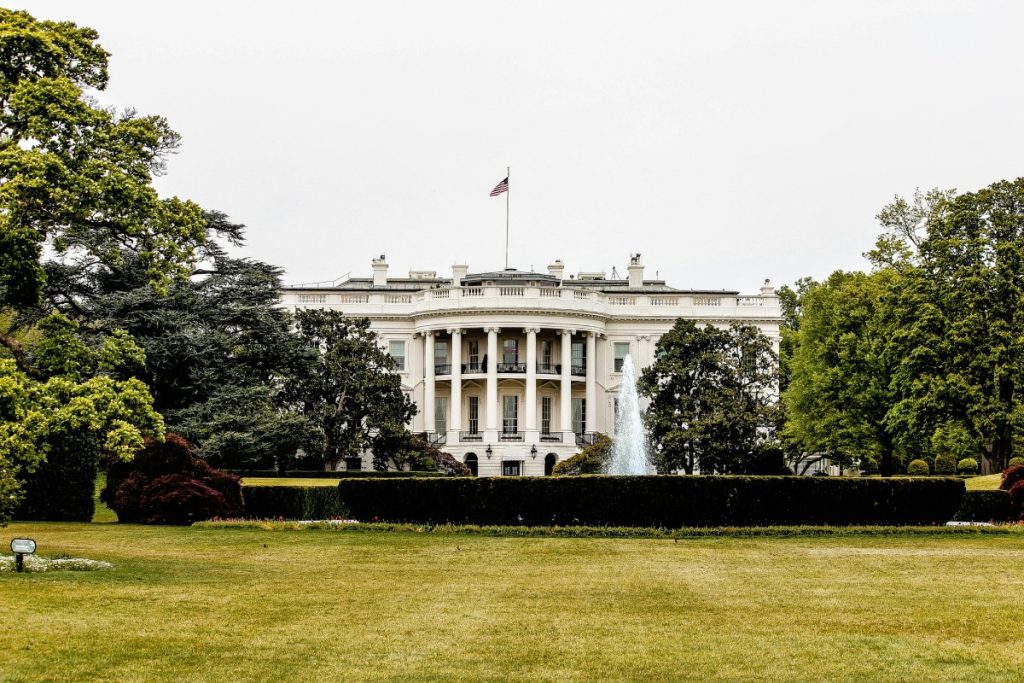The upcoming U.S. election will have significant implications for the travel industry. The race between Kamala Harris and Donald Trump is tight, and while the outcome is uncertain, it is clear that there will be a new president come January. In the short term, there is expected to be a travel slowdown around Election Day, as historically seen in past election cycles. Major travel companies like Marriott, Delta, United, and JetBlue have all acknowledged this trend and anticipate a temporary decrease in travel.
Both candidates have differing records and priorities when it comes to visas and international visitors. The Trump administration saw a decline in visa issuances even before the pandemic, with more enhanced screening and vetting processes implemented, particularly for countries with higher security concerns. In contrast, during the Biden-Harris administration, progress has been made in expediting visa application reviews and filling consular positions to pre-pandemic levels. The U.S. is on track to attract 90 million visitors by 2026, ahead of the State Department’s goal.
The approach to big business, deals, and consumer protections also varies between the two candidates. The Biden-Harris administration has taken a tough stance on mergers, with several deals either killed or approved with added consumer protections. Additionally, there have been stricter rules implemented to protect consumers, including automatic refunds for airlines. The Department of Justice has launched inquiries into air travel competition, which may see changes under a new administration.
Climate change, infrastructure, taxes, and tariffs are key areas of difference between Trump and Harris. Harris has pledged to focus on climate change, re-committing the U.S. to the Paris Climate Accord and providing incentives for sustainable aviation fuel development. Biden-Harris have also invested in infrastructure spending, benefiting hotels and airlines. On the other hand, Trump has lowered corporate tax rates and imposed tariffs, with potential risks for higher costs and prices in the travel industry.
The state of the economy and employment will also impact travel demand, with forecasters previously predicting a recession that did not materialize. The unemployment rate remains low, but the overall economic outlook is difficult to forecast. In conclusion, the new administration will have a significant impact on the travel industry, particularly in areas such as visas, international visitors, big business deals, consumer protections, climate change, infrastructure, taxes, and tariffs. It is essential for the new president to continue knocking down barriers to travel and prioritizing the growth of the industry.














